This is PrivacyCamp!
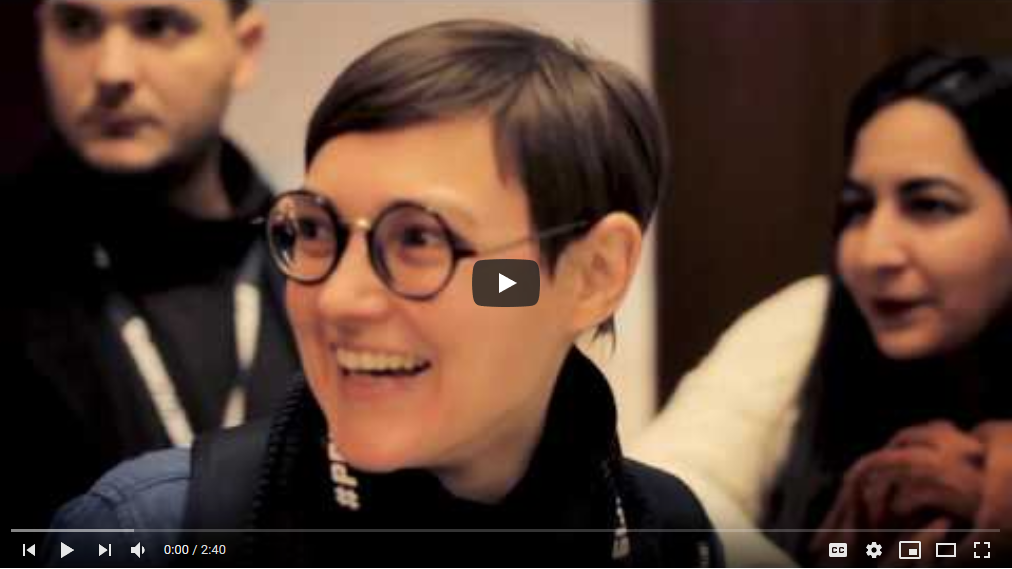
Watch the video: https://youtu.be/GAwGYd85CxU
Privacy Camp 2019: Welcome and intro
Privacy Camp took place on 29 January 2019 in Brussels, Belgium. It brought together civil society, policy-makers and academia to discuss existing and looming problems for human rights in the digital environment. Privacy Camp 2019, “Platforms, Politics, Participation”, focused on digital platforms, their societal impact and political significance.
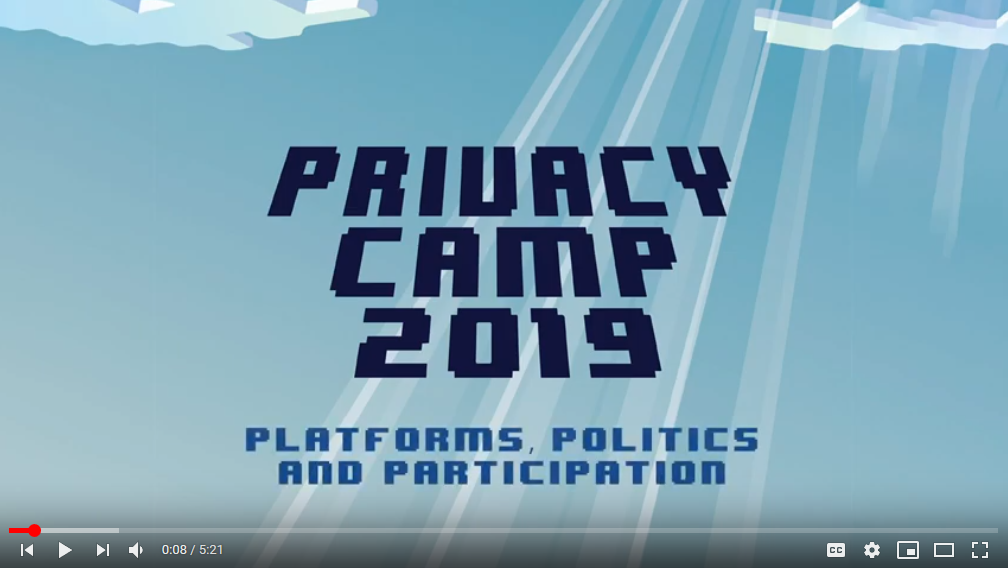
Watch the video: https://youtu.be/BhQC0plD5aU
Narrative session: User Stories
Read more: https://privacycamp.edri.org/?page_id=1074
In order to start the day and give context to the discussions of the panels, three people told us their experience with a platform. We heard their story on YouTube, Facebook, Twitter, Uber, Deliveroo…
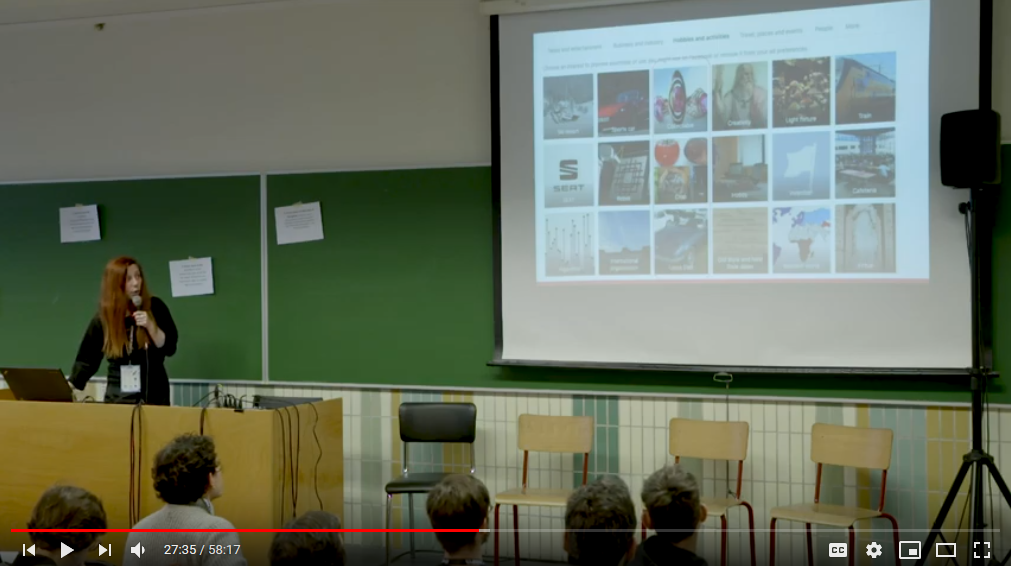
Watch the video: https://youtu.be/P-T7WayEFc0
Mapping the problem: News dissemination on online platforms
Read more: https://privacycamp.edri.org/?page_id=1065
The online news ecosystem has been recently under the spotlight. News creation, dissemination and consumption have been influenced by online targeting as a business model, giving rise to a phenomenon coined as “online disinformation”. Recently proposed solutions to online disinformation, such as algorithmic content curation and fact-checking, lack consideration for crucial elements of today’s online news ecosystem.
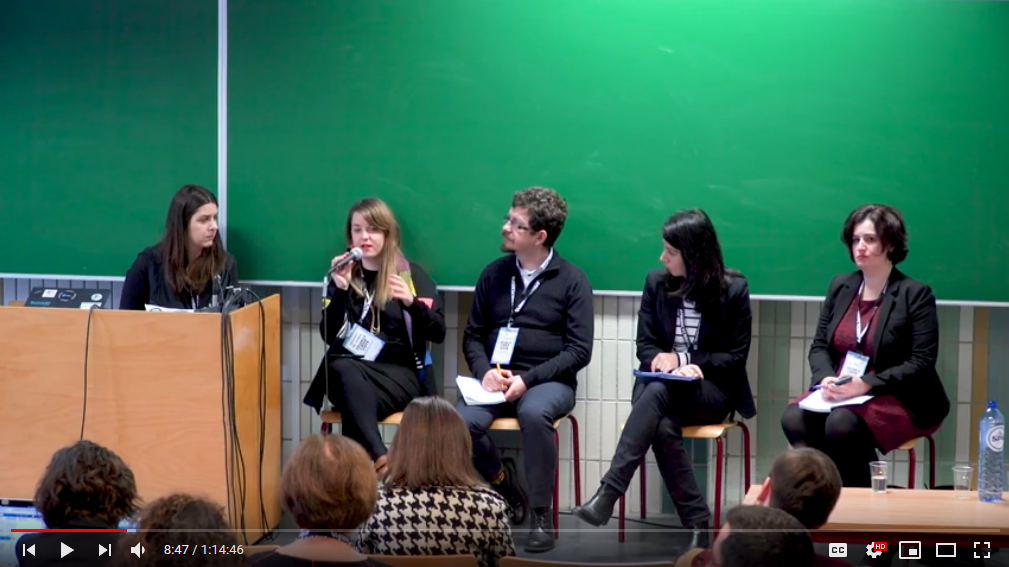
Watch the video: https://youtu.be/0TLTyiZWP3I
Platforms regulations – policy challenge for civil society advocates
Read more: https://privacycamp.edri.org/?page_id=1154
This workshop focused on the role of civil society to influence public policy regarding platforms – what are the challenges they face, what should they stand for.
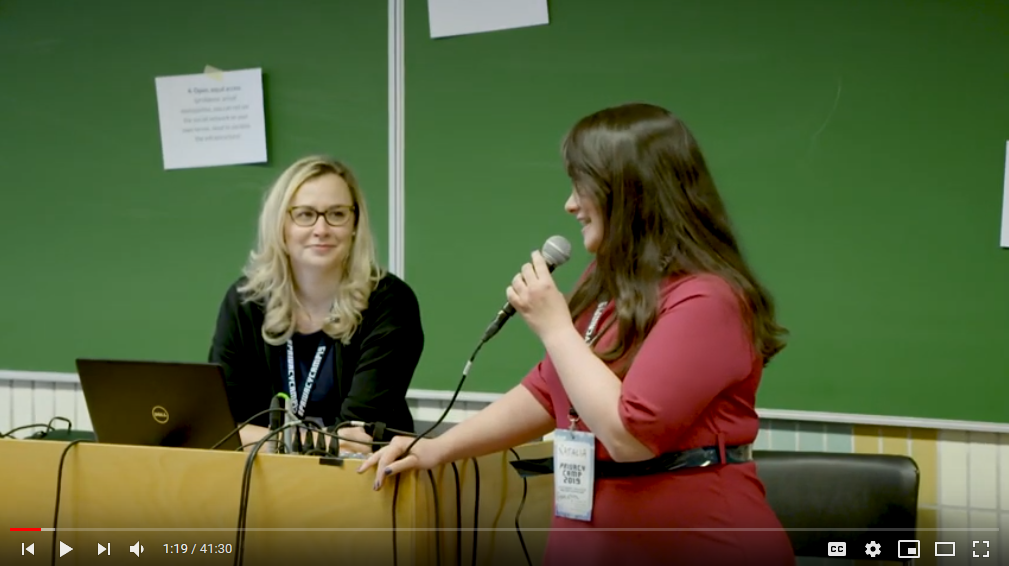
Watch the video: https://youtu.be/D9ZK91D9F4U
Reimagining Data Futures: Data and Agency
Read more: https://privacycamp.edri.org/?page_id=1083
Thinking about agency is an essential part of thinking about the distribution of data power. But how might we think about agency in its relation to data? Some scholars define agency with regard to the sense-making processes of individuals and communities based on how they understand and respond to their lived experience. For others, agency is much less reflexive considering that the digital platforms are enclosed spaces managed by corporations and the readily available tools are designed to sustain the highly commercial and unjust big data culture. Data subjects have their own agendas with data in some way but they are often caught up in power structures.
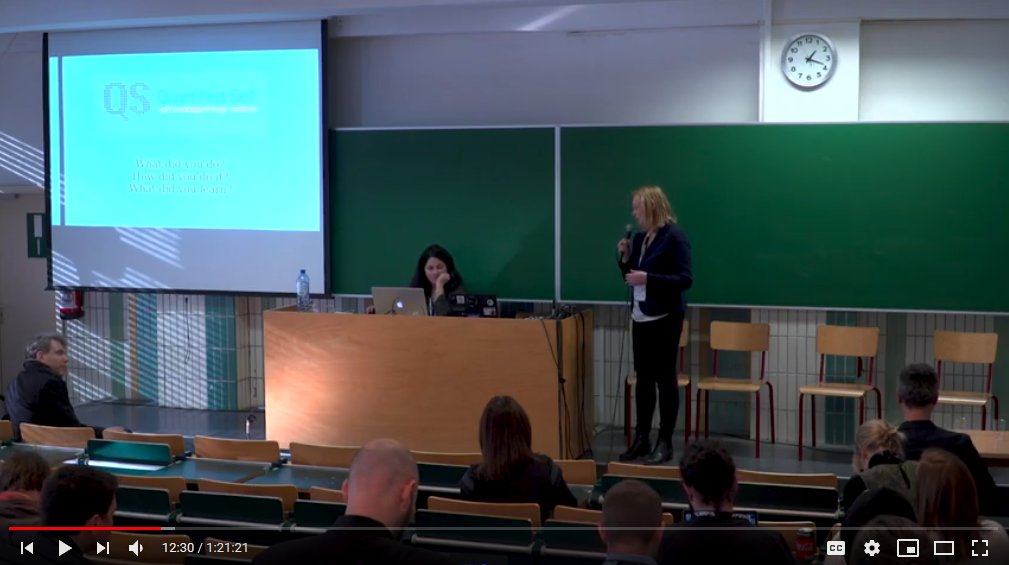
Watch the video: https://youtu.be/WeSINGaB2dA
Workshop: Platform dominance and privacy harms: What role for civil society in competition policy
Read more: https://privacycamp.edri.org/?page_id=1075
There’s a trend for digital platforms such as social media, search engines and online retailers to concentrate enormous powers due to their processing of vast amounts of personal data. The market powers of these corporations can cause both privacy and economic harms, including degradation of service quality, misuse of personal data and discrimination or exclusion from opportunities due to profiling technologies. Increasing exploitation of this data, combined with micro-targeting by corporations have also resulted in practices (for e.g. ‘fake news’) which have negative impact on the working of democratic institutions. As a result, there are calls for authorities to reform competition regulation to address the data protection implications and the societal challenges posed by these data-exploiting corporations.
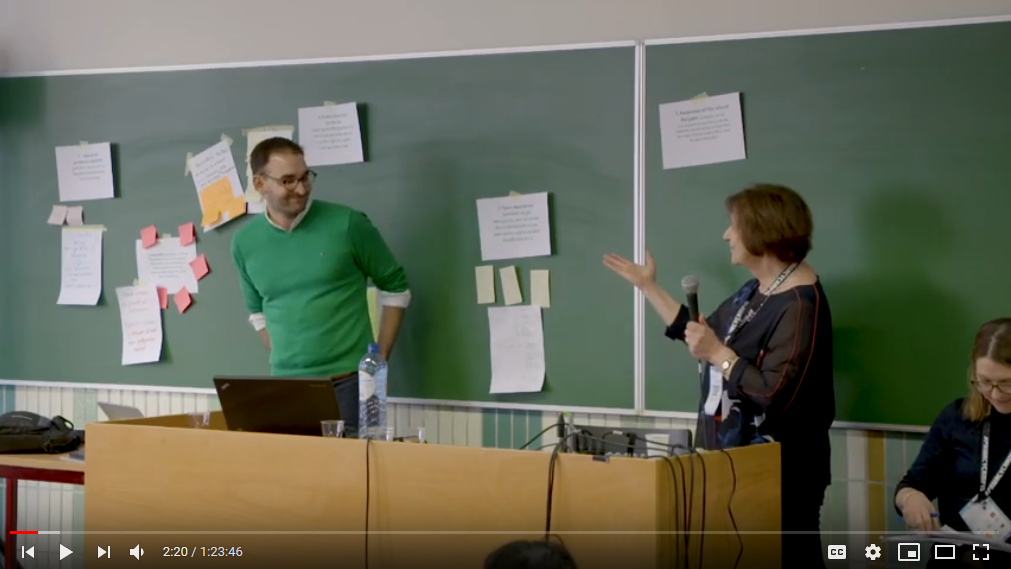
Watch the video: https://youtu.be/dr_tNL1E3f8
EDPS civil society summit 2019
Read more: https://privacycamp.edri.org/?page_id=1060
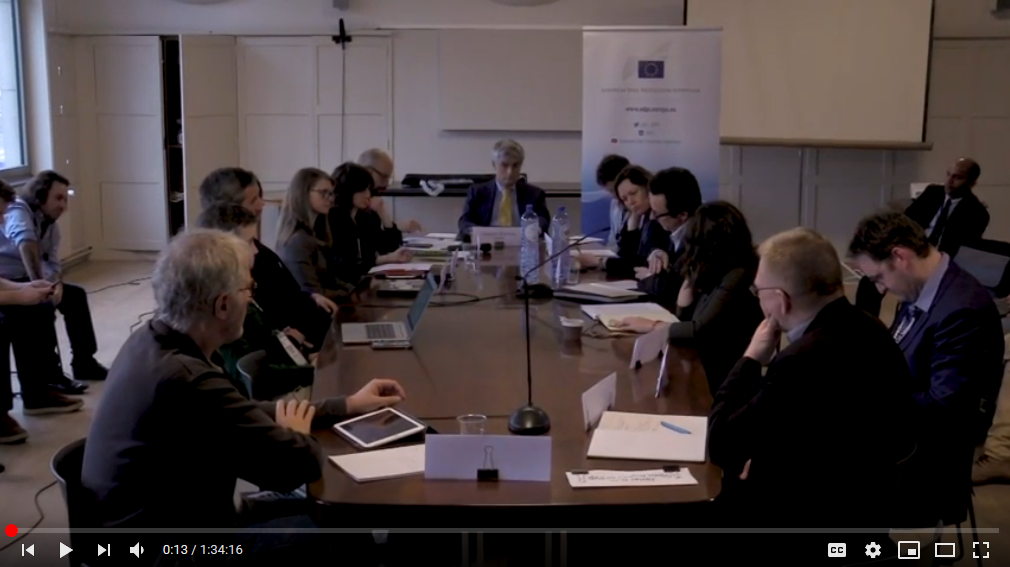
Watch the video: https://youtu.be/QRMRjiLQIo8
Platforms: the pouvoir exécutif of modern states?
Read more: https://privacycamp.edri.org/?page_id=1024
In the past years, governments have been increasingly handing over state responsibilities to private actors (for instance for the purpose of fighting against alleged copyright infringements, hate speech or terrorism). What does the predominance of a few powerful platforms mean for the enforcement of public policy goals? How are state responsibilities transferred to online platforms and what is the impact on society and human rights? How can we address this trend and ensure respect of the rule of law?
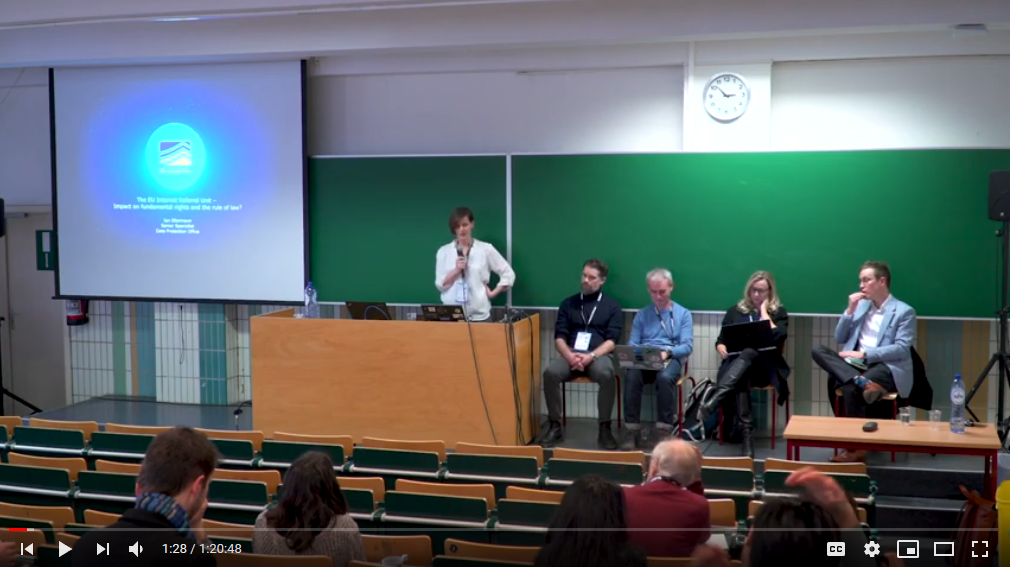
Watch the video: https://youtu.be/iKo9kpDFT0o
Online Platforms and Automated Content Moderation
Read more: https://privacycamp.edri.org/?page_id=1079
Recent policy initiatives at the EU level and industry actors anticipate the increased use of automated content moderation tools. This panel engaged the audience in a discussion of current developments and expectations with respect to these tools, the state of the art in the field of abusive language detection and the implications of the developments of these tools for fundamental rights, including privacy, freedom of expression, non-discrimination and due process.
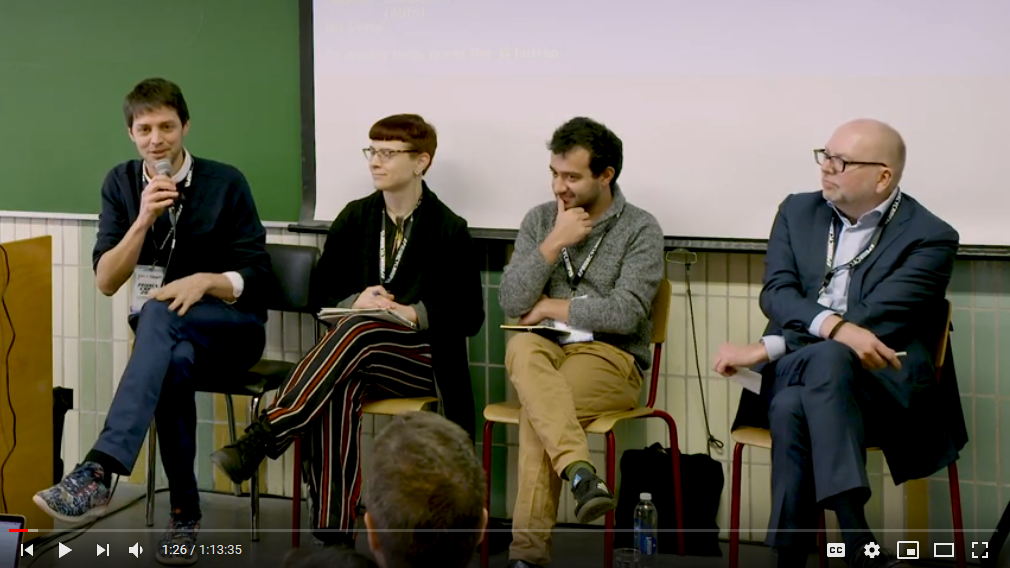
Watch the video: https://youtu.be/GFOHY_Wi6gg
Let’s see the evidence! Where algorithmic decisions are used in real life, and how we find out about them
Read more: https://youtu.be/CzFwDsb7Ems
Systems for automated decision-making are already widely used around Europe. But how algorithms are used and controlled differs widely. The newly launched report “Automating Society – Taking Stock of Automated Decision-Making in the EU” by AlgorithmWatch and Bertelsmann Stiftung assesses a wide variety of uses, pointing to regulatory gaps and suggesting better European coordination on the issue.
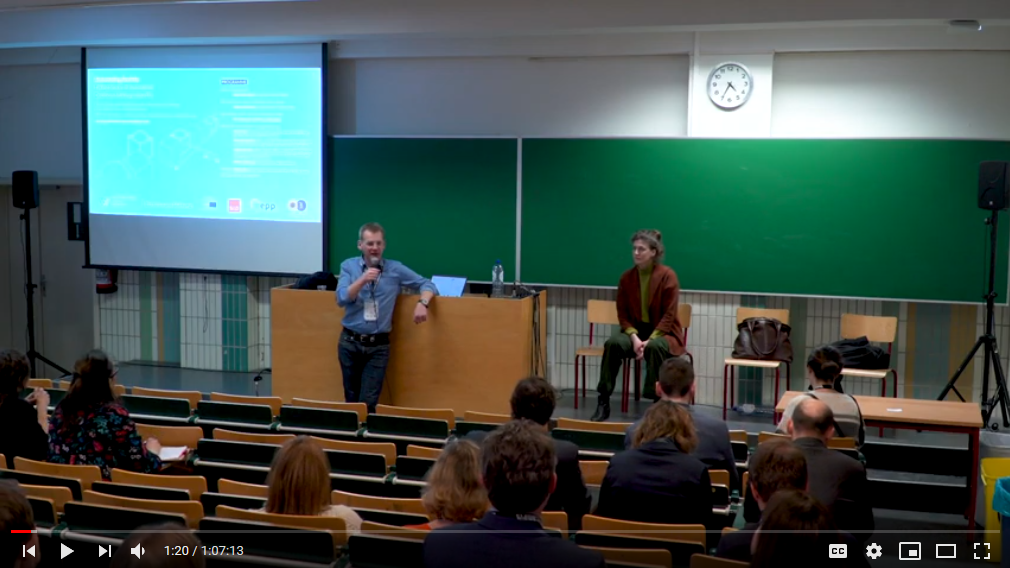
Watch the video: https://youtu.be/CzFwDsb7Ems
Towards real safeguards: Data driven political campaigns and EU election
Read more: https://privacycamp.edri.org/?page_id=1067
Scandals such as Cambridge Analytica’s have brought into the public eye an important issue: electoral results can be manipulated through social media microtargeting, often causing waves of disinformation. The issue has been adressed by civil society, individual politicians, private entities, national and EU bodies in an attempt to safeguard future elections.
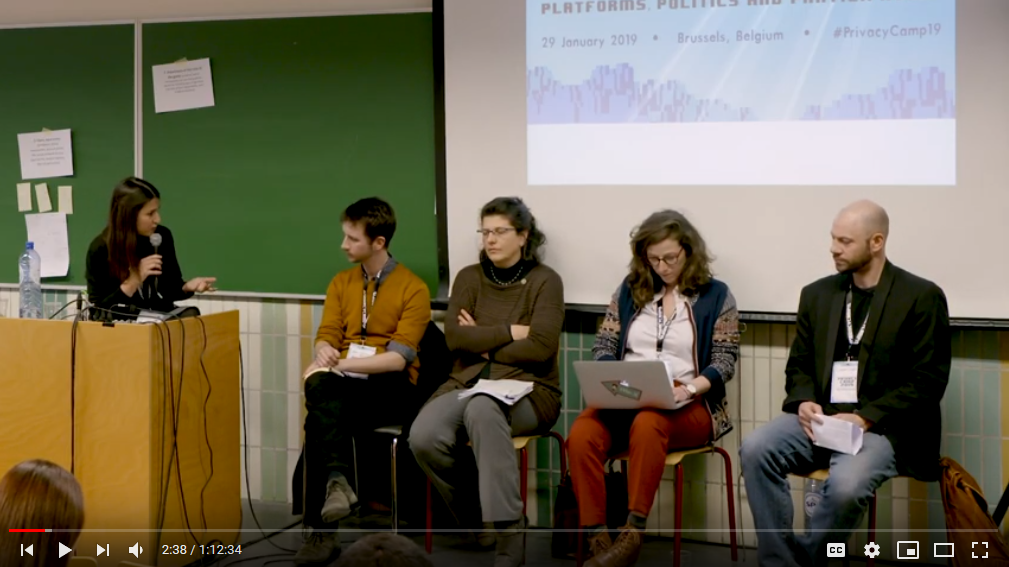
Watch the video: https://youtu.be/WGMi_SDhX-0
Closing remarks
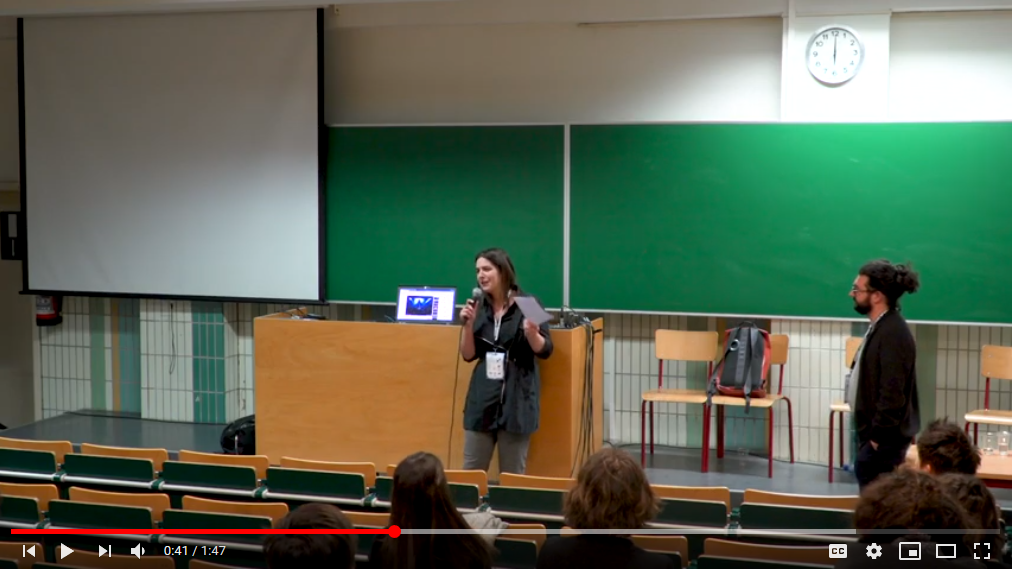
Watch the video: https://youtu.be/ygbJEttwCxU
